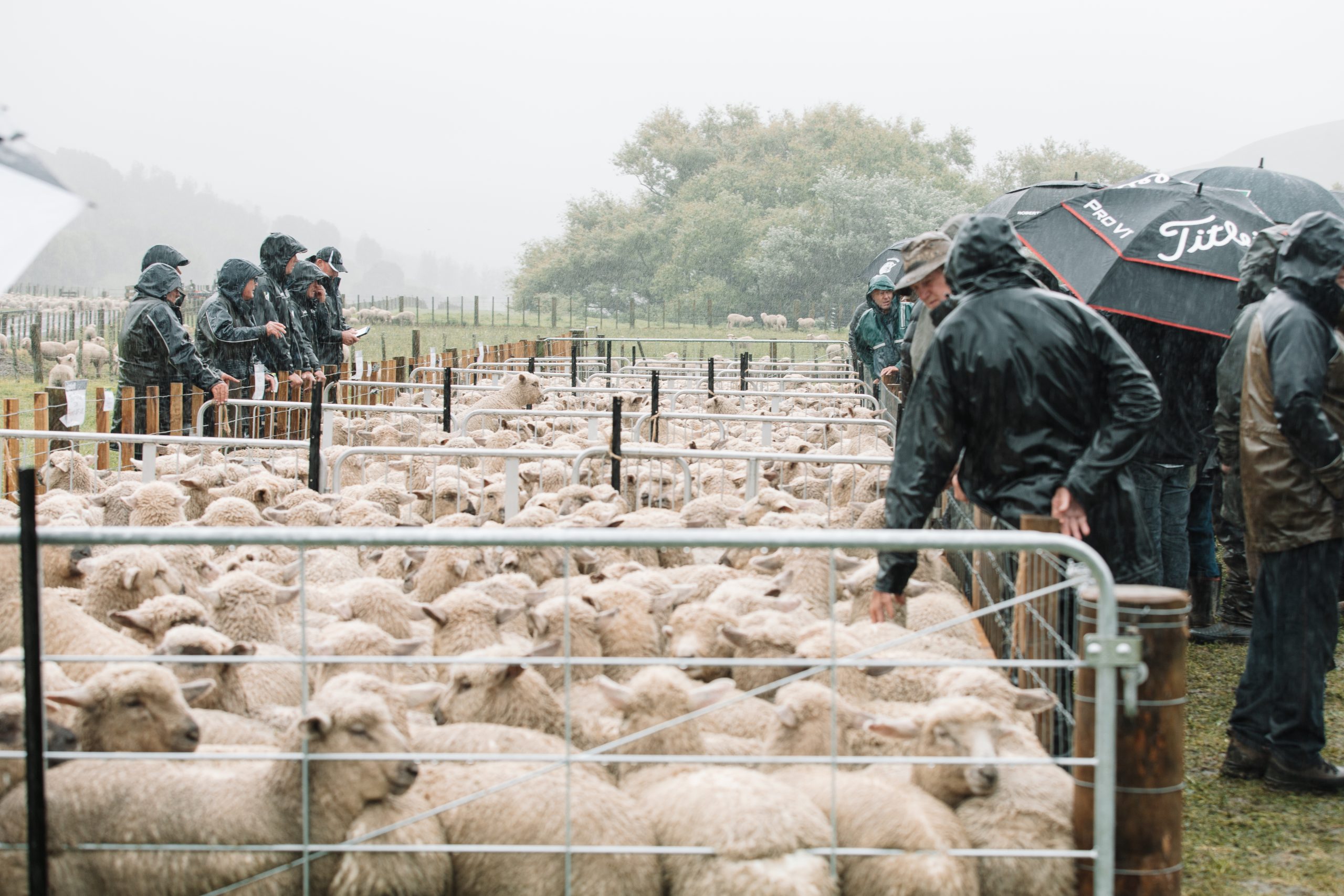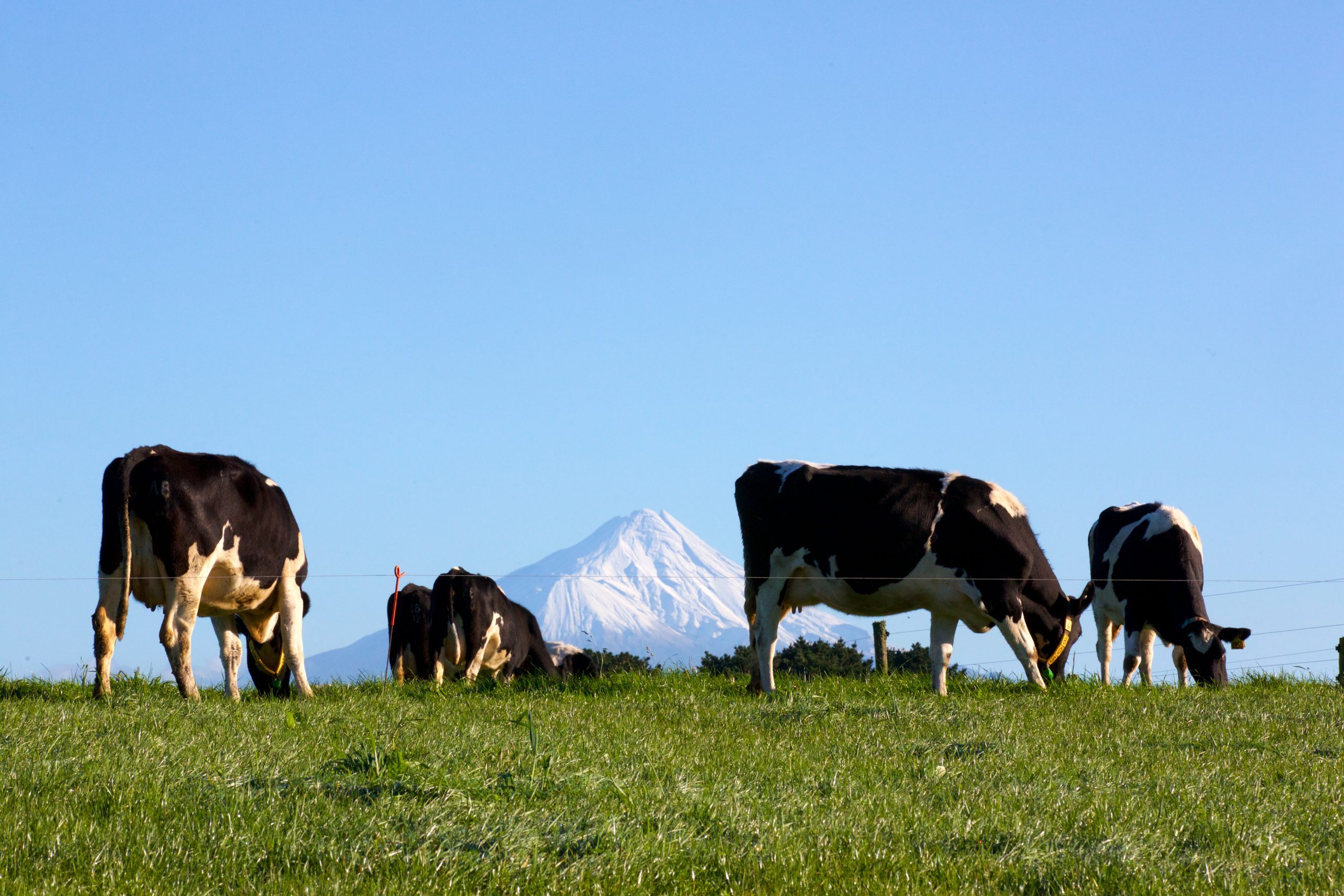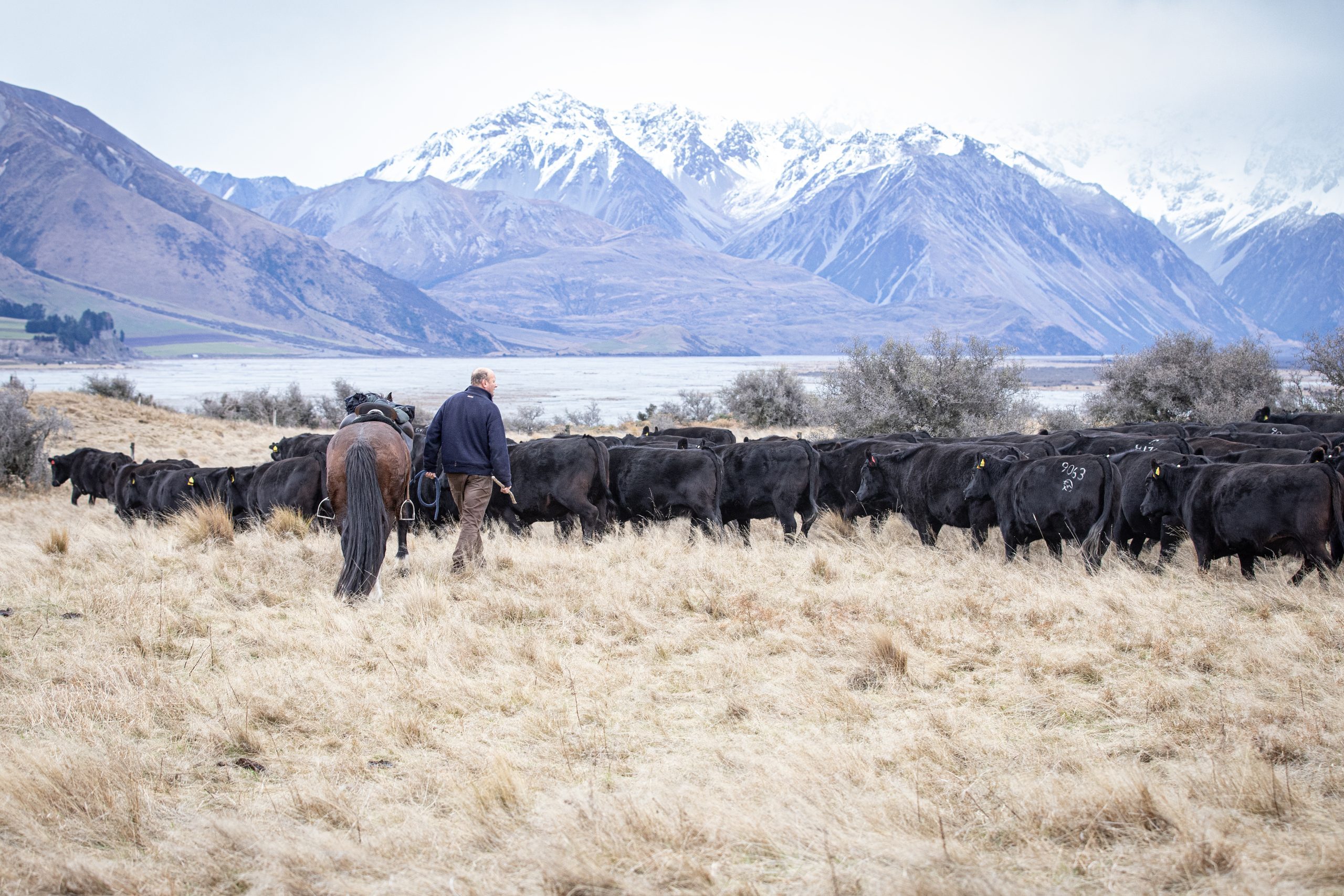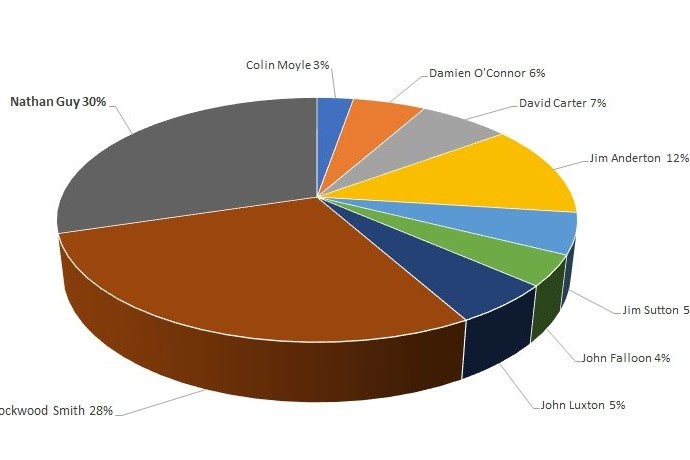With grass up to the top wire waving in the wind on many farms and stock prices holding up most pastoral farmers should be happy.
There was talk of a summer drought but it hasn’t eventuated. It just kept raining much to the frustration of cropping farmers trying to spray and harvest crops.
High lamb prices have been followed by higher breeding stock prices with prices averaging nearly $250/head at ewe fairs.Lamb and mutton prices are still strong.
There is concern that the schedule and markets are starting to resemble 2012 when prices nosedived, but China wasn’t a significant market then like it is now.
There was a lot of talk last year of initiatives to lift wool out of its stagnation.
This issue looks at the wool price including the Government pulling together an industry working group.
Bringing the industry together is a good start as consumers buy products which wool is a part of. Farmers need to think woollen textile not just wool.
Whatever the weather or markets does, it is best to focus on what you can control.
The Gowers in the King Country are making more profit from simplifying their beef operation. They switched from traditional breeding and finishing to finishing bulls and grazing dairy heifers.
They are keeping a wary eye out for Mycoplasma bovis but now have more time away from the farm.
Successful farmers often need staff but good farm workers are becoming harder to recruit. With wages tipped to rise, will farmers have to pay a lot more to attract suitable workers? This issue looks at farm staff, pay rates and future prospects.
Taratahi’s liquidation doesn’t help, though it is not alone. Three polytechnics were bailed out last year – $100 million from the taxpayer. Tony Plunkett is doing his bit to help train the generation of farm staff and farmers. The general manager of Coleridge Downs, Canterbury, was a driver of setting up a training programme on the high-performing farming operation.
And what of Landcorp’s future?
Agricultural economist Ray MacLeod says it should be culled and the farms sold off to farmers who are more enterprising.
As we know, nothing makes you work harder when you have skin in the game.
I have always wondered if a better solution is to lease the farms to new entrants rather than sell them.





